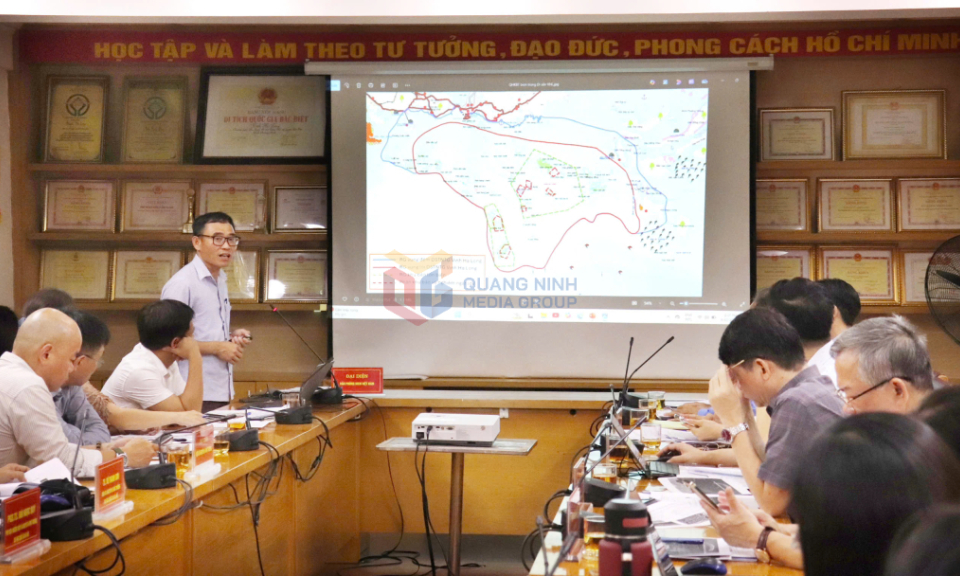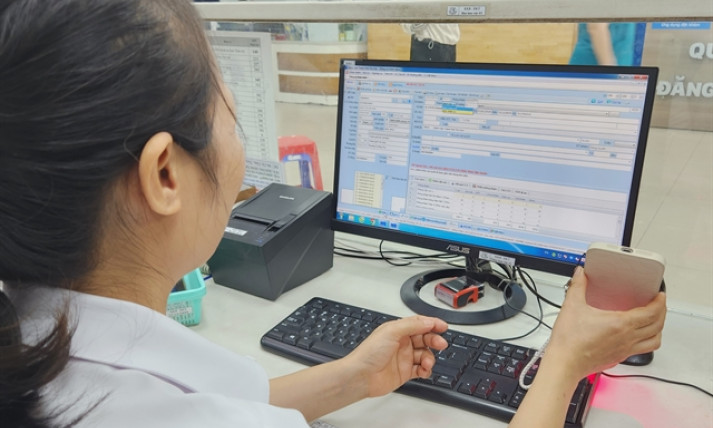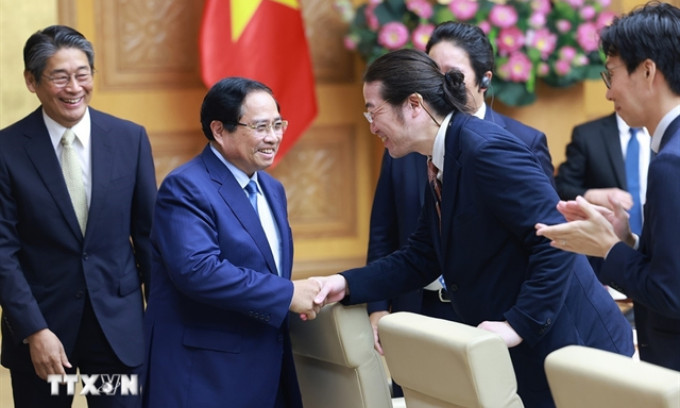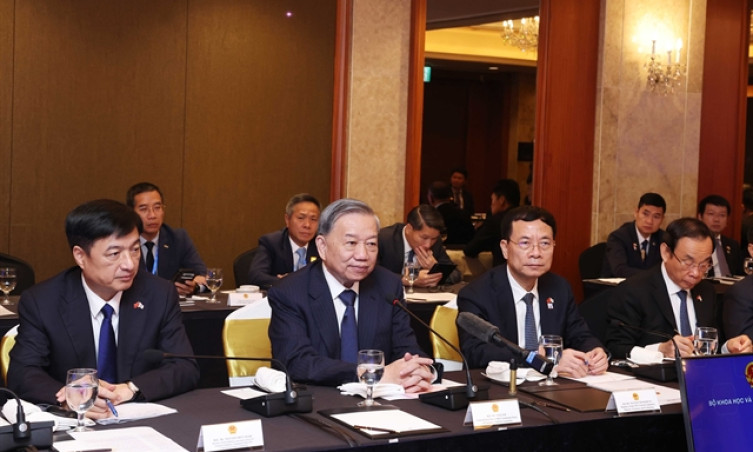Việt Nam sets new direction with four key Party Resolutions
These four Politburo Resolutions collectively aim to ignite a robust national entrepreneurial spirit, unlock society-wide innovation, and drive the growth of the digital, knowledge, green, and circular economies.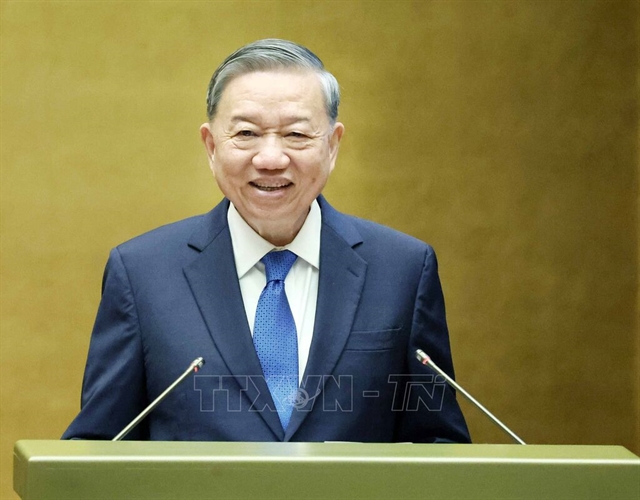
Speaking on the recent issuance of four strategic Resolutions by the Politburo aimed at propelling Việt Nam into a new era, Party General Secretary Tô Lâm emphasised the importance of implementing concrete action plans with rigour and structure.
He underlined that practical outcomes must be the measure of leadership capacity and performance. He also urged continued proposals for future resolutions to ensure that all interests and powers serve the people, echoing the principle once taught by President Hồ Chí Minh.
According to the General Secretary, Việt Nam is now navigating unprecedented global shifts of geopolitical and geoeconomic transformations, strategic competition, the rapid advancement of science and technology, and mounting challenges such as climate change, energy insecurity and both traditional and non-traditional security threats. These forces compel the country to pursue innovation and reform as a means of development.
The four Politburo Resolutions are Resolution No 57-NQ/TW, a breakthrough strategy for national science, technology, innovation, and digital transformation; Resolution No 59-NQ/TW on international integration in the new context; Resolution No 68-NQ/TW on the development of the private economy; and Resolution No 66-NQ/TW on reforming law-making and legal enforcement to meet the demands of national development in the new era.
These four pillars collectively aim to ignite a robust national entrepreneurial spirit, unlock society-wide innovation, and drive the growth of the four economies - digital, knowledge, green, and circular.
Private sector as a key driver
According to Resolution 68, after nearly four decades of economic reform, Việt Nam’s private sector now comprises over 940,000 registered businesses and more than five million household businesses. This sector contributes around 50 per cent of the national GDP, over 30 per cent of total State budget revenue and employs approximately 82 per cent of the workforce.
It serves as a vital engine for job creation, innovation, productivity enhancement and national competitiveness.
By 2030, the Resolution sets a target of two million registered businesses, equivalent to 20 enterprises per 1,000 people. This ambitious goal will be difficult to achieve within such a short timeframe unless Việt Nam upgrades at least a fifth of those five million household businesses into formal enterprises.
Household businesses are defined as production or service entities established by individuals or families, who assume full personal liability for business operations. Despite often operating at a significant scale, these businesses lack legal status as enterprises: they cannot have seals, open branches or establish representative offices. They are also excluded from rights such as importing/exporting and filing for bankruptcy protection.
Household businesses are limited to a maximum of ten employees. Beyond that threshold, they are legally required to convert into formal enterprises. However, many remain hesitant.
Owners of small shops and online home-based businesses, for example, worry that converting would require them to adopt full accounting systems, submit financial reports and comply with burdensome administrative procedures without the resources to do so.
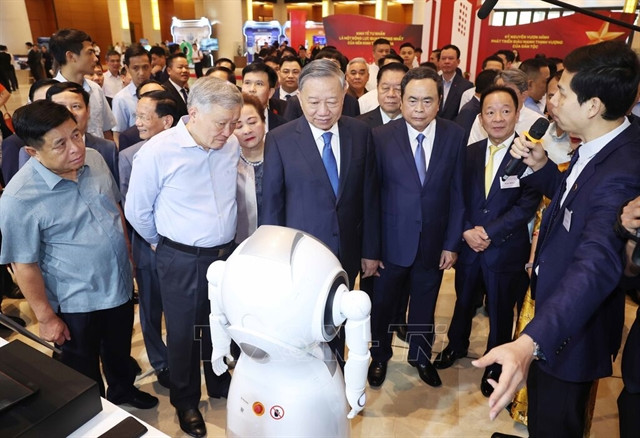
Resolution 68 marks a policy shift by for the first time proposing direct financial support for the individual business sector, especially household enterprises. One notable incentive is a three-year corporate income tax break designed to encourage household businesses to make the leap into formal enterprise status.
Additionally, under new regulations, household businesses will no longer pay taxes via the simplified 'lump sum' method – historically negotiated with tax authorities and often lower than actual liabilities.
Resolution 68 also links up with Resolution 57 to promote the development of free digital accounting platforms, enabling small businesses to fulfill tax obligations without incurring extra costs.
At the Việt Nam–Asia Digital Transformation Summit held in Hà Nội from May 27–28, 2025, several speakers underscored that major policies can only be deemed successful if they bring benefits to “society, businesses, and every Vietnamese household.”
In this light, Resolution 68's plan to support millions of household businesses in formalising and becoming enterprises stands to bring broad-based happiness and momentum.
People and businesses at the centre of reform
The idea that 'citizens and businesses are at the heart of development' is not just a slogan but a fundamental directive embedded in these Resolutions from the Politburo.
Resolution 68 proposes enabling people and businesses to operate freely in all sectors not expressly prohibited by law.
By 2025, it calls for a full review and elimination of unnecessary, overlapping and obstructive business regulations. The goal is a shift from a control-heavy public administration to a service-oriented, development-enabling State–centred on people and businesses, underpinned by data-driven governance.
Resolution 66, meanwhile, emphasises the promotion of democracy, the protection of human and civil rights, and a careful balance between regulatory limitations and legitimate individual interests. It calls for stable, simple and actionable legal rules that place people and businesses at the centre. It also highlights the role of social ethics, professional codes of conduct and community self-governance in regulating societal relations.
Resolution 57 outlines a guiding vision for national innovation. It encourages broad participation from entrepreneurs, businesses and citizens in the advancement of science, technology, innovation and digital transformation. It defines this as a comprehensive revolution spanning all sectors. The Resolution advocates for determined, persistent and coordinated implementation, with breakthrough, transformative solutions.
It identifies people and businesses as both the centrepiece and driving force, scientists as the key catalyst, and the State as the facilitator – responsible for enabling the most favourable conditions for technological advancement and national innovation.
At the national conference on May 18, to implement Resolutions 66 and 68, General Secretary Lâm issued a call to action for the entire political system, the Party, the people and the armed forces: to unite in overcoming challenges, to turn aspiration into action and potential into strength. This helps usher Việt Nam into a new era of prosperity, modernisation, and national greatness.



